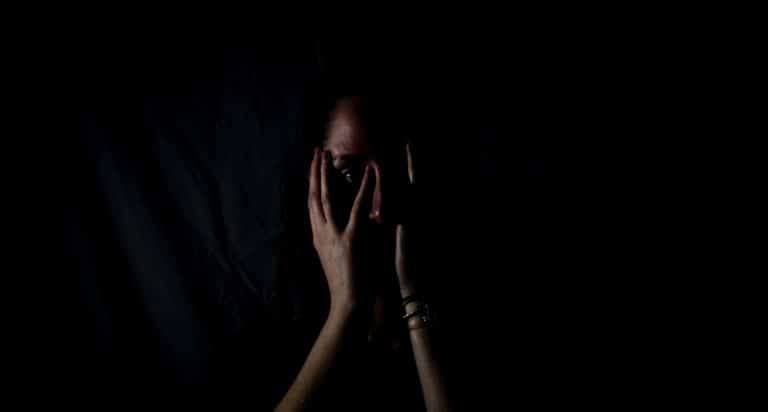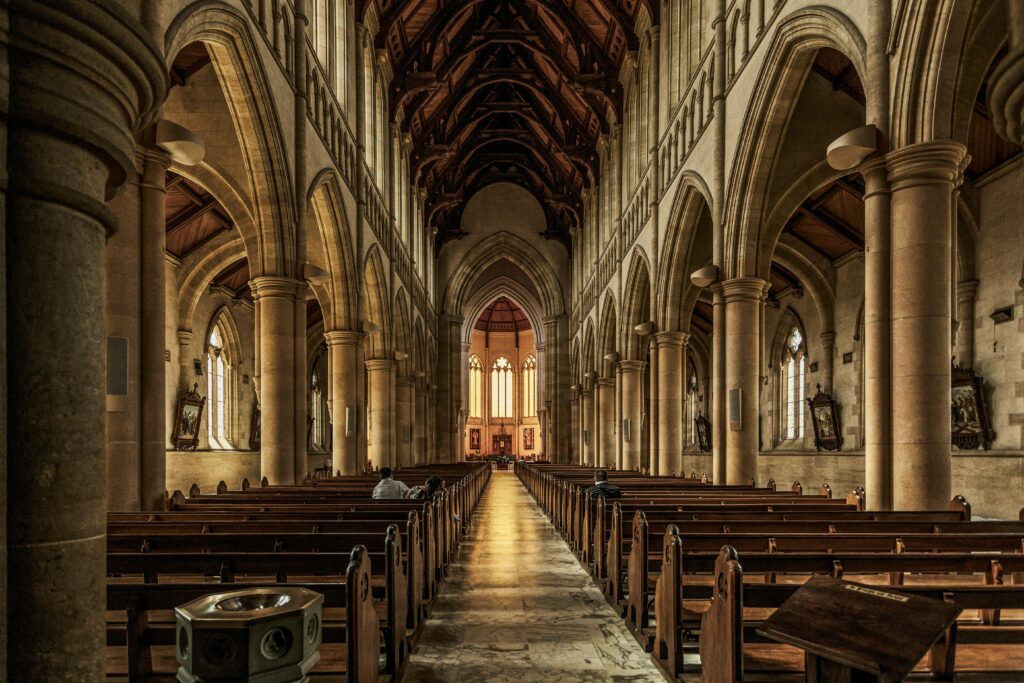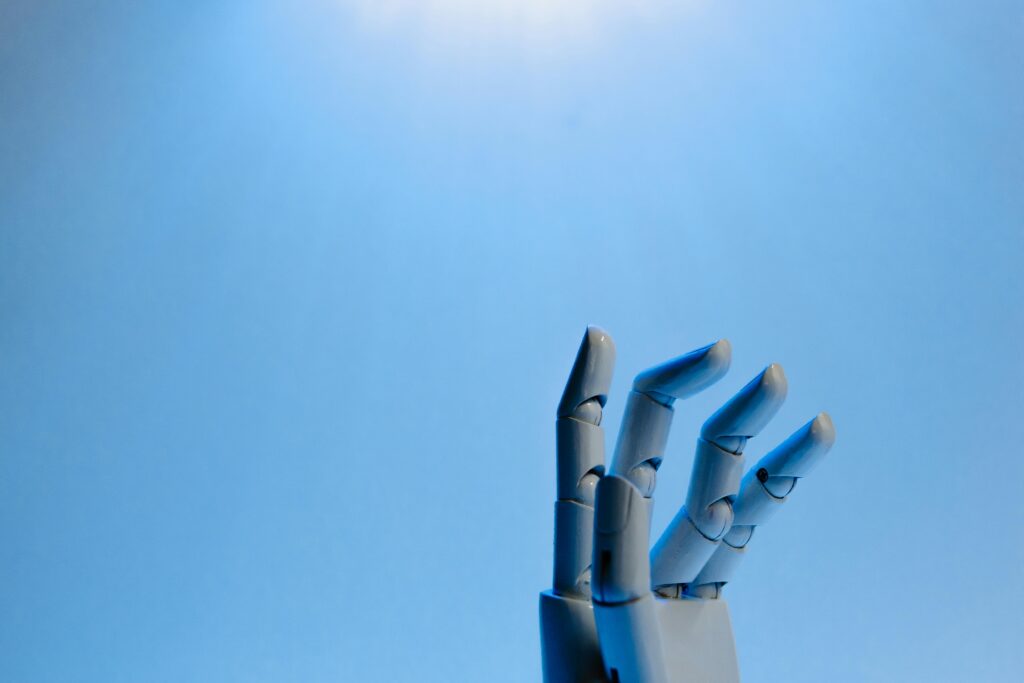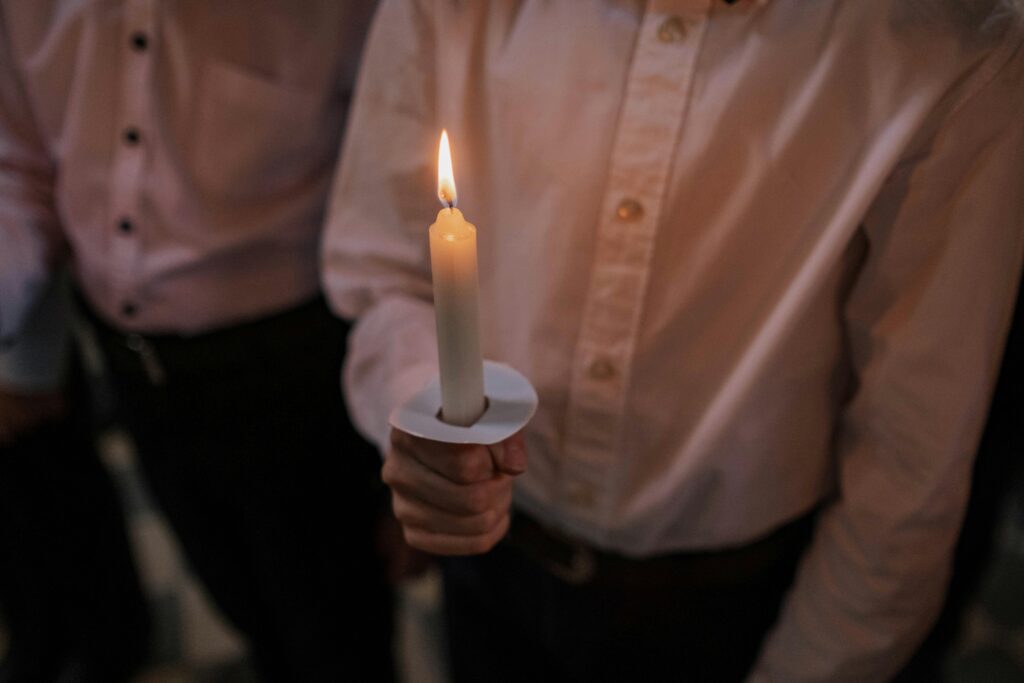For Millennials: Meditation on Hopelessness
Temptation to Discouragement

On Monday, September 27, 2021, in “Theology for Millennials,” Mexican Father Mario Arroyo Martinez shared with Exaudi’s readers his weekly article entitled “Meditation on Hopelessness,” in which he shares his view on that moment in which a Christian feels the temptation that God has abandoned him.
* * *
In face of lamentable events, such as the legalization of abortion in Mexico, or the establishment of a Communist regime in Peru or, more immediately, the apparent inefficacy of prayer for the sick with COVID-10 or any other illness, the disturbing temptation to hopelessness is felt strongly. More than one person has asked me, painfully, if God has abandoned us, if He listens to our prayers if it’s worthwhile to pray or, in more extreme cases, if God really exists and that if in reality, everything is but the fruit of blind chance.
Focusing now on the subject of abortion, to which many people were opposed and took part civically to halt its legalization, although being able to extend it as well to all other hopeless rubrics, these lines go with the hope that, without losing the realism of its raw truth, a tenuous but consistent light of hope may be shed. These lines are, or hope to be, a sketch of a “theology of hope.”
What are we facing? We are facing the suspicion of the banality of human efforts and struggles to defend the dignity of human life, of every human life from the moment of conception. Suddenly we feel ourselves naive peons on a panel in which our civic and citizen convictions count for little or nothing, and where all is decided by the dark and omnipresent powers that manage society as marionettes. It’s the frustration of impotence in face of the arrogance of the economic or media power, which makes ridiculous and insignificant our citizen’s participation, no matter how sacrificed and convinced it is.
In face of such situations, how we miss figures such as that of Saint John Paul II, who with strength and conviction can cry out to the four winds: “Be not afraid!” We don’t have a Saint John Paul II now, but his words continue to be valid, as prayer is also effective, because, as Sacred Scripture says “the Lord’s hand is not shortened” (Isaiah 59:1). The truth is that the Lord’s parameters aren’t ours, “His ways are not our ways,” paraphrasing the prophet Isaiah (cf. Isaiah 55:8).
For God, “one day is as a thousand years and a thousand years as one day” (2 Peter 3:8). Consequently, He invites us to continue working, with faith that “faith is the assurance of things not seen” (Hebrews 11:1), with hope, with the vision of eternity, which is God’s vision, so that little by little, despite the constant disasters – it seems that Catholicism is in permanent retreat – we become “unattainable to discouragement,” an expression of Saint Josemaria Escriva de Balaguer.
It’s logical that events such as these hurt us, the thousands of children who will never see the light, perhaps millions of them, crying out for justice. The justice that we, for the time being, are incapable of guaranteeing and that, in the expression of the Pope Emeritus, “only God can create.”
They can hurt us, they can weigh on us, but they should not surprise us. A close examination of Sacred Scripture shows us that this is already foreseen. Suffice it to look at the Second Letter to the Thessalonians or the Apocalypse to realize that we are not going out of the script and that we continue to be protagonists.
It’s hard, but is revealed ”the rebellion comes first, and the man of lawlessness, the son of perdition . . . the mystery of lawlessness is already at work” (2 Thessalonians 2:3-7). First comes the flood of iniquity — I believe that is what we are witnessing now –. Well, what is it that we must do: to ”keep ourselves firm” or, as the Apocalypse says: “Here is a call for the endurance and faith of the saints” (Revelation 13:10). Therefore, we must not desert the world that we love.
We must understand that God forges us in this gym, He makes us grow, develops our patience, while what was already prophesied in Revelation (22:11) is happening: “Let the evildoer still do evil, and the filthy still be filthy, and the righteous still do right, and the holy still be holy.” We enter here, being righteous, being holy, and hoping for a salvation that won’t be from our hands, but from God’s. So we can continue to have hope.
What should we do then? Continue working, with our hope placed in God and a smile on our lips, sheltered in Scripture’s phrases: “My chosen shall no labor in vain” (Isaiah 65:22-23) and “knowing that in the Lord your labor is not in vain” (1 Corinthians 15:58), knowing that through many defeats at the end the victory is God’s. And in face of the present discouragement for the battles lost? Perhaps it’s good to remember, then, the beautiful words of Nican Mopohua: “Am I not here, I who am your Mother, are you not by chance on my lap and in my arms? What more do you need?
Translation by Virginia M. Forrester
 (EN)
(EN)
 (ES)
(ES)
 (IT)
(IT)





